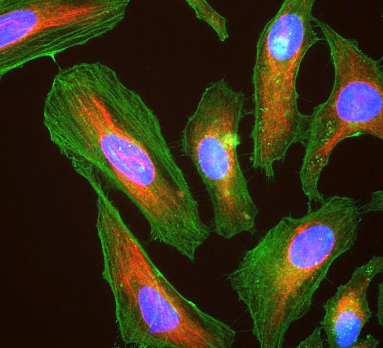- Enseignant: Mohamed AOUDIA
- Enseignant: samia mazrou
This fundamental course in cell biology, designed for first-year students in natural and life sciences, serves as a cornerstone of their university education. Scheduled in the first semester, it offers a crucial introduction to the fascinating universe of cells, the true basic units of life. Through this module, students delve into the microscopic mechanisms that govern life, thereby acquiring essential knowledge to comprehend complex biological processes. From cellular structure to organelle functions, and including molecular interactions, this course lays the indispensable foundations upon which students will build their in-depth understanding of the living world throughout their academic journey.

- Enseignant: sarah madani
Le module T.C.E., commun à tous les étudiants de la première année SNV, est un module
pluridisciplinaire puisqu'il repose sur la conjonction de trois disciplines : la documentation,
l'éducation socioculturelle et le français.
Le but de cet enseignement est d'apprendre aux étudiants la communication orale et écrite, en milieu universitaire scientifique et aussi en milieu social hors de l'université, notamment lors de la recherche d'un premier travail et en entreprise, après le recrutement.
- Enseignant: ceria hamache
- Enseignant: nadia azil
- Enseignant: O. KHEFFACHE